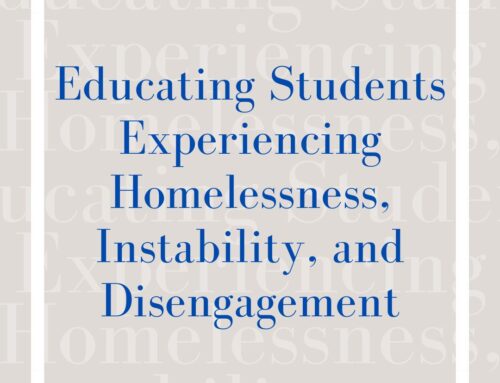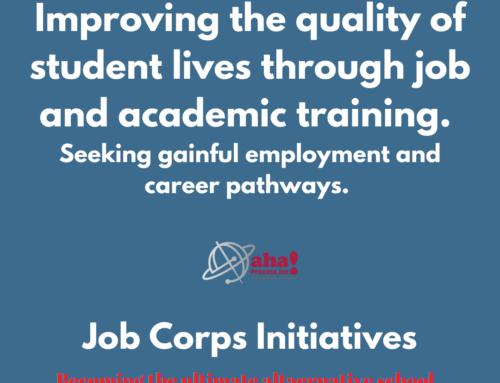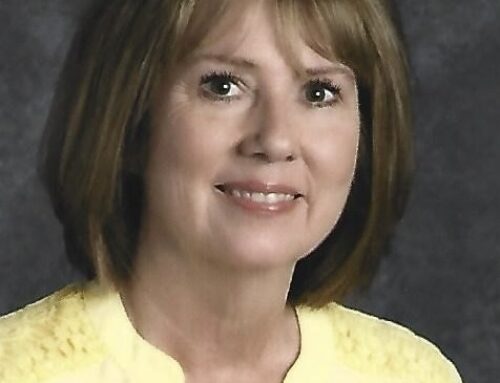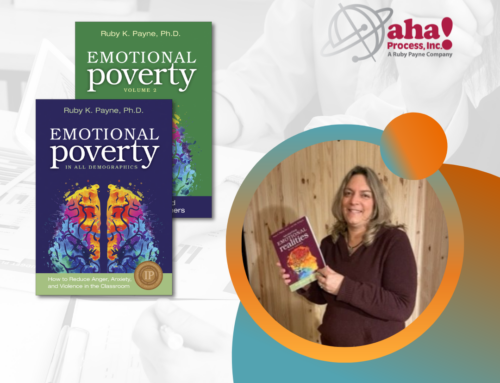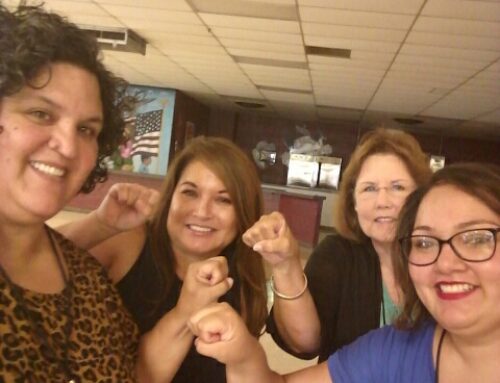by Jon Paul Dwyer
Think back to your time in the classroom.
Maybe you are in the classroom right now.
You just created a lesson plan that would make Madeline Hunter proud. You are excited to deliver it; it’s perfect. Your objective is on the board (Content and Language Objectives if you are doing SIOP), you are ready with your anticipatory set, then what happens? Students happen. The next thing you know the bell rings signaling the end of class and your perfect lesson plan is out the window.
What happened? Where did you go wrong?
Here is the bottom line. So many teachers are focused on their instruction alone. I was guilty of this. So much professional development is focused on instruction alone. All of the most popular professional development offerings are on either instruction or planning for instruction. How does this match with the goals and priorities of your students?
Most of our students are focused on their relationships. It’s not what you know, it’s who you know. Everyone knows that phrase, but you may have never considered how it relates to education.
How does that phrase work in schools? Simply enough, many of your students will not work with you unless you have built a relationship with them. Think about the best teachers you know. What makes them the best? Do they design perfect lesson plans? Perhaps. Is that the only reason why they are the best? No. I think you will agree that those teachers have the strongest relationships with their students.
Here is the problem. Pre-service education programs focus on instruction, the basics of running a classroom, and classroom management. Professional development is increasingly focused on instruction or planning for instruction. No one trains teachers how to build relationships with their students. So, what can you do about that?
The first step is to understand where your students are coming from. Do your teachers understand what their students’ passions are, what their home and family life are like? Some probably do; most do not. So how do get all of your teachers to understand where their students are coming from?
In all of our professional development, we talk about how to reach and teach your students. We discuss how no significant learning can take place without a significant relationship. We help develop great teachers and great schools. This is the difference. We will help you connect to your students, not just teach them like everyone else.
I would love to speak with you to discuss this further. Feel free to call me any time.
Jon Paul Dwyer
Regional Account Manager
aha! Process, Inc.
Phone: (847) 612-8460

